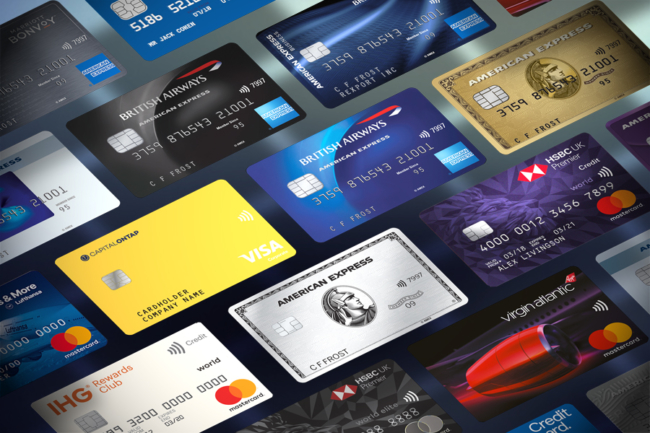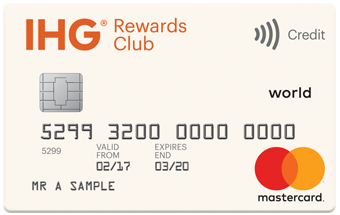What is the best credit card for foreign FX spending when someone else is paying?
Links on Head for Points may pay us an affiliate commission. A list of partners is here.
We write a lot on Head for Points about ways to minimise the 3% foreign exchange fee added to most credit and debit card transactions outside the UK.
For personal travel you might want to get a separate free credit card to use abroad. There are no travel rewards card without a foreign exchange fee, although the Virgin Atlantic card is currently fee-free in Europe. One option is to get a free Curve Card – see this HfP article – and link it to a miles-earning Visa or Mastercard.

Another option is to get a free card from Currensea. Currensea is a simple but clever idea. You pay abroad with your Currensea Mastercard debit card. Currensea translates the cost to Sterling with just a 0.5% fee (83% less than most cards charge) and withdraws the money from your bank account. Currensea also works off the spot rate, giving you an extra saving from the wholesale rate used by your card company. You can find out more by clicking here. Currensea is free so there is no risk in giving it a try.
You can also look at debit cards from the like of Revolut, although Revolut’s raft of new fees announced last week make this option less attractive.
If you have a Limited Company, you DO have a credit card which has 0% FX fees and earns 1 Avios per £1 – the Capital On Tap Business Rewards Visa. Our review is here.
You may choose to act differently when travelling for work
When you are travelling for work, however, your credit card bills will be reimbursed by your employer. There is no incentive for you to get a separate 0% foreign exchange fee card. Your goal should arguably be on maximising rewards for yourself.
I won’t focus on credit card spend bonuses here because those don’t change whether you are spending in the UK or abroad. I just want to look at cards which increase your earning rate for FX transactions.

Here are your options for reward cards which have extra bonuses for foreign spending but in return add on an FX fee of around 3% FX:
American Express Preferred Rewards Gold
Amex Gold offers double points when you spend abroad, so 2 Membership Rewards points per £1. That translates into 2 Avios or other airline miles, 4 Hilton Honors points, 3 Marriott Bonvoy points or 6 Radisson Rewards points amongst other things. The card is free for the first year.
Our Amex Gold review is here. You can apply here.
IHG Rewards Mastercard
The IHG Rewards Mastercard has double points when you spend abroad. This means 2 IHG Rewards Club points per £1 which I value at 0.8p. The card is free.
Our IHG Rewards credit card review is here. You can apply here.
HSBC Premier Mastercard
The HSBC card offers double points abroad, which means you are earning 1 Avios or other airline mile. The card is free but you must have a HSBC Premier current account which has strict eligibility criteria. The World Elite version of this card, with a £195 fee, also earns double points abroad and is worth 2 Avios per £1.
Our HSBC Premier credit card review is here. You can apply here.
Conclusion
As you can see there are some good options here that can get you a return of around 2% on your spending. That is less than the 3% foreign fee you are incurring, of course, which is why these are not attractive deals for personal use, just for business expenditure.
(Want to earn more miles and points from credit cards? Click here to visit our dedicated airline and hotel travel credit cards page or use the ‘Credit Card Offers’ link in the menu bar at the top of the page.)


 Rob
Rob 



Comments (49)